$20.00 – $28.00
by
Please note that delivery may take up to 3 weeks depending upon your location. We do ship globally with some exceptions.
This wonderful and remarkable book by Wang Fengyi (1864–1937) is a true testament to the benefits of Daoist spiritual cultivation. At age thirty-five, having become aware of the repercussions and implications of emotions on his own health condition, Wang attained the Dao and began spreading his teachings. Furthermore one of his most remarkable accomplishments was the founding of countless schools for young women, thus making education accessible to them on a large scale at a time when Confucianism prevailed. Wang Fengyi’s teachings are like thoughtful and profound prose that can allow people to transform their Self, their Body and their Spirit. If you seek to help others or bring wellness to yourself, these teachings can be enormously beneficial, offering direction and great insights into your own emotional state and therefore potential healing at the deepest level.
As Daoist practitioners, Johan Hausen and Jonas Akers have done an excellent job in translating this valuable treatise, bringing additional authenticity to the transmission of this work and propagation of Wang Fengyi’s teachings.
$20.00 – $28.00
Description
Foreword to Wang Fengyi’s ‘Discourse on Transforming Inner Nature’
by Catherine Despeux
(author of ‘Women in Daoism’ and ‘Taoism and Self Knowledge’)
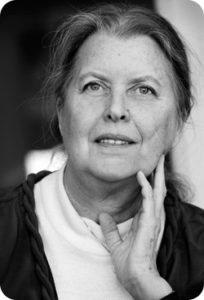
The text translated here, Discourse on Transforming Inner Nature [hua xing tan 化性談], introduces the reader into the heart of Neo-Confucian thought. The author Wang Fengyi [王凤仪1864–1937] was a Mongol from a simple background, as his biography portrays him as a poor and illiterate peasant, a herdsman who watched over animals. He, however, was not without culture and worked to defend Confucianism. After being married at the age of twenty-three to a woman named Bai Shoukun [白守坤], with whom he would have a son, Wang Fengyi, at the age of thirty-five, would come to “realize the Way” according to Chinese terms, which means he reached some kind of self-accomplishment and found the meaning of his life and his Way.
Wang Fengyi lived at a time of great changes in China, shaken by the confrontation with Western modernism. The Manchu Qing dynasty [1644–1911] was collapsing and making place for a republic seeking to enter into modernity, while keeping its national identity being confronted with a Western model that was imposing itself. There were several scholar
movements rising from multiple pockets of resistance against the foreign Manchu dynasty and the Western invaders. These movements took part in the emergence of so-called “societies of redemption,” including the one to which Wang Fengyi belonged.
As a movement of defending their own culture the Universal Society of the Way and Virtue [wan guo dao de hui 萬國道德會] was formed at the beginning of the twentieth century. It was one of the best examples for a movement of spiritual transformation. It was inaugurated on the 28th of September, in 1921, on Confucius’ birthday by Jiang Shoucheng [1875–1926]. He was a member of the Confucian community of Kang Youwei, and one of the most famous Confucians of the nineteenth century, who elaborated the ideal theory of “Great Harmony” [da tong ⼤通] and was, just before he died, the president of this universal society [1926–1927].
Wang Fengyi gave great impetus to this society that had eight million members, a quarter of the population, in the northeast of China in the years around 1930. He became an itinerant doctor and preacher of Confucian morals and, as such, was celebrated as a saintly peasant, a virtuous man, and often nicknamed “Wang the Benevolent” or “Wang the Virtuous.” He contributed to a volunteer movement to develop schools for girls that in 1925 had established around two hundred and fifty schools across Manchuria. He adamantly insisted on the role of women, mothers, wives and stepdaughters to maintain social harmony and the well-being of the family.
Wang’s schools emerged under the umbrella of the Universal Society of the Way and Virtue and in 1933 this society comprised five hundred branches, four hundred schools and two hundred thousand students in northeast China. Although its activities were stopped by the authorities with the advent of Mao in 1949, it continued in secret. With the policy of openness toward religions in the years around 1980, the movement re-emerged, especially in the northeast of China [Liaoning, Jilin, Heilongjiang], where its members preached filial piety and Wang Fengyi’s healing methods.
Indeed, one main characteristic of Wang Fengyi’s thought lies in the link he establishes between health and an individual’s ethical and spiritual behavior towards oneself and towards others. Lineages of local therapists were reorganized in so-called “farms” in the northeast of China. They preached stories, held conferences and confession sessions or produced writings introducing the cosmological order of the Five Elements and how to reach this ideal harmony. This idea is not new. Since antiquity medicine scriptures have been insisting on the correspondence between the cosmological order and the order in the country, as well as in society and in the human body; however, Wang Fengyi makes associations of the cosmological order and the ethical order of Neo-Confucians in much more detail.
The doctrine and the practices elaborated by Wang Fengyi are founded on confidence in oneself, knowledge of oneself, and realization of oneself. This way, being deeply influenced by the thought of the Neo-Confucianist Wang Yangming, seeks to find the root of life and the links between Heaven, Earth and Humans from everyone’s own experience. There is no hesitation to borrow concepts from the three main doctrines of Chinese thought, Buddhism, Daoism and Confucianism, and to draw parallels between similar notions of these three streams of thought.
Wang Fengyi starts off with the example of Yin and Yang in nature and the theory of the Five Elements [Wood, Fire, Earth, Metal, Water], which are simultaneously the breath of nature ruling at each season of the year. The Five Elements are predominant during each season as primordial energy of one of the Five Organs, an energy that manifests by the proper functioning of the organ and by an emotion or “movement of the soul” associated to it. Thus, in spring, the breath of Wood is dominant. In the human body the real microcosm functions like the macrocosm. The breath of Wood expresses itself in the Liver, which is associated with the normal expression of anger. To these Five Elements, their organs and emotions Wang Fengyi would add the Five Cardinal Virtues. If the harmony of a person and of society depends on the culturalization of those qualities, the health of the individual also depends on it.
Wang Fengyi’s thought is not wholly unknown to the Western public, as Sabine Wilms already translated another text of this author, the Twelve Characters [wang feng yi shi er zi xin zhuan 王鳳儀⼗⼆字薪傳] into English. German doctor Heiner Fruehauf considers it the ideal introduction to this powerful healing method for the Western world. In this work, Wang explains that humans have Three Natures: a Heavenly Nature [tian xing 天性], that is his/her natural disposition, a composite nature [bing xing 禀性], that is his/her propensity to impose him/herself on others, and a nature acquired by habit [bing xing 禀性]. Wang Fengyi’s goal is to return to the Heavenly Nature, or Inner Nature, ordinarily obstructed by the two other types of nature.
The Discourses, very didactic, expose the basic notions of Wang Fengyi’s thought on the Five Elements, the Five Cardinal Virtues of Confucianism, and the search of harmony between Body, Spirit and Inner Nature. They reveal, maybe more than any other of his writings, the Buddhist aspects of his thought, especially in his twelfth and last chapter, “The Transformation of Inner Nature.” The emphasis is placed on letting go, on abandoning everything, as a master of Chan/Zen Buddhism said, “The place of awakening is where we abandon Body and Life.” This chapter is also the continuation of the Daoist thought of Zhuang Zi who advocated “having a mind like cold ashes.” It is not insignificant to notice that nowadays Wang Fengyi’s belief system is also conveyed in a temple that is associated with the Wudang Mountains, considered to be a great Daoist center. This shows that beyond the cleaving into schools this thought beneficial to the health of body and mind did continue.
The Discourse on Transforming Inner Nature translated by Johan Hausen, an acupuncturist passionate for Chinese culture and having spent several years studying in China, completes the Twelve Characters purposefully. It will be especially appreciated that this translation, very elegant and remarkably right, is bilingual, and introduces not only the English and the Chinese characters, but also their pronunciation transcribed in the phonetic system named pinyin. This work can thus be a real learning manual of the basics of Chinese thought and its key concepts. It gives a concrete testimony on the one hand of how Chinese medicine includes the different aspects of the individual within disease and on the other hand the role of the therapist who far from being content with only applying a medical technique also plays the role of psychotherapist and advises the patient on his/her life choices and behaviors. To the Westerner it sheds an interesting light on how to approach disease. Moreover it makes one ponder about the close links existing between the behavior of an individual, his/her environment and his/her disease. It invites one to take hold of one’s own destiny, and to take care of one’s health in simple and accessible ways.
—Catherine Despeux
June, 2017
Additional information
| Type of Book | Hardback, Paperback |
|---|
You must be logged in to post a review.

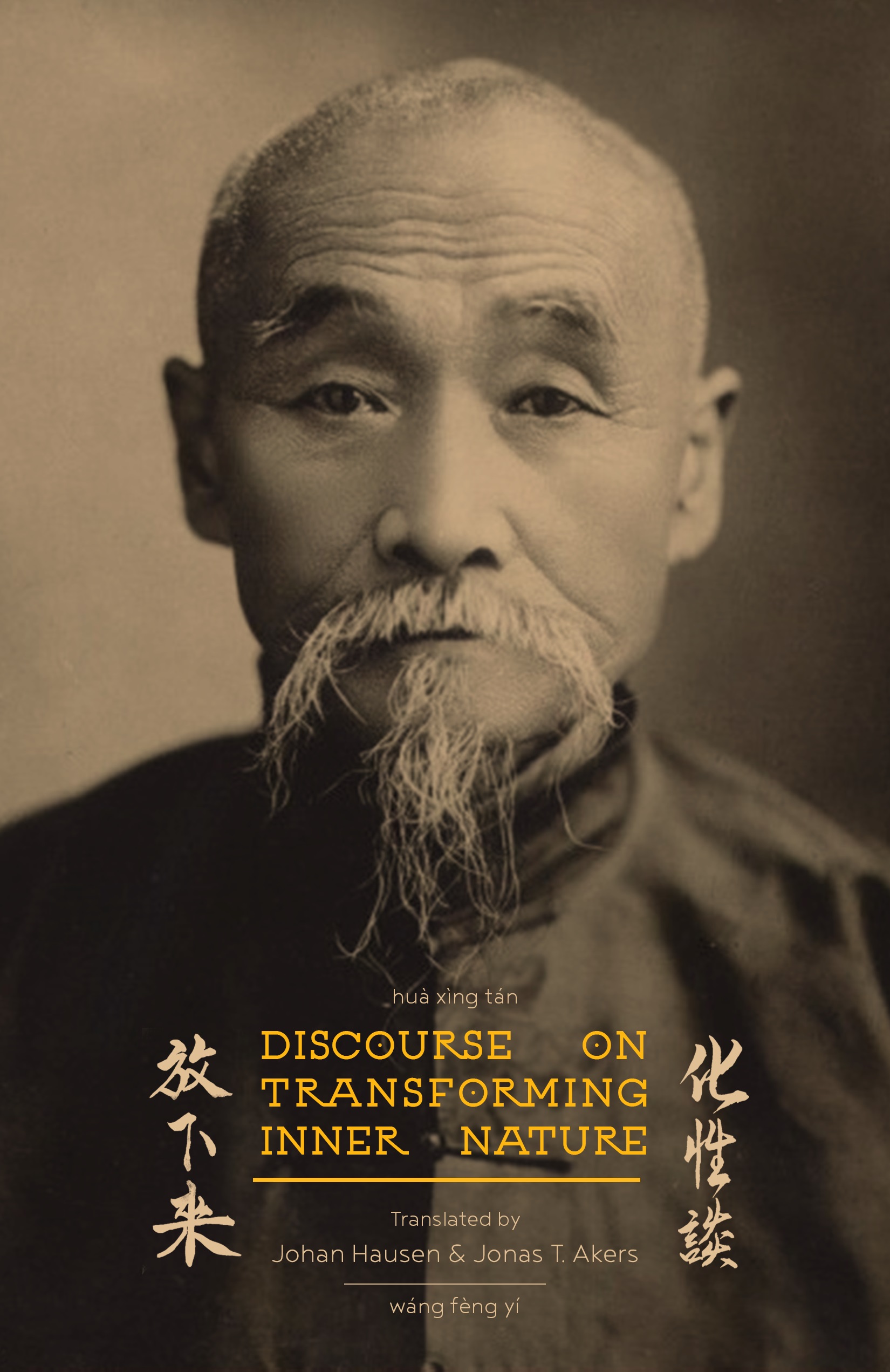
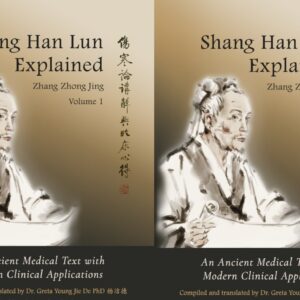
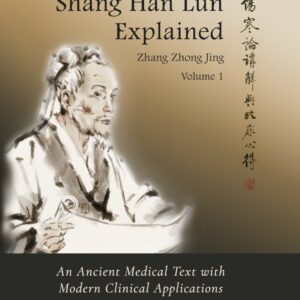
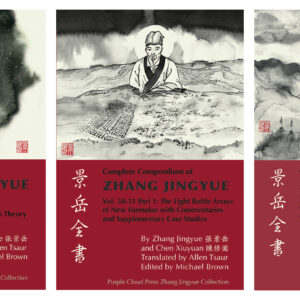
Reviews
There are no reviews yet.